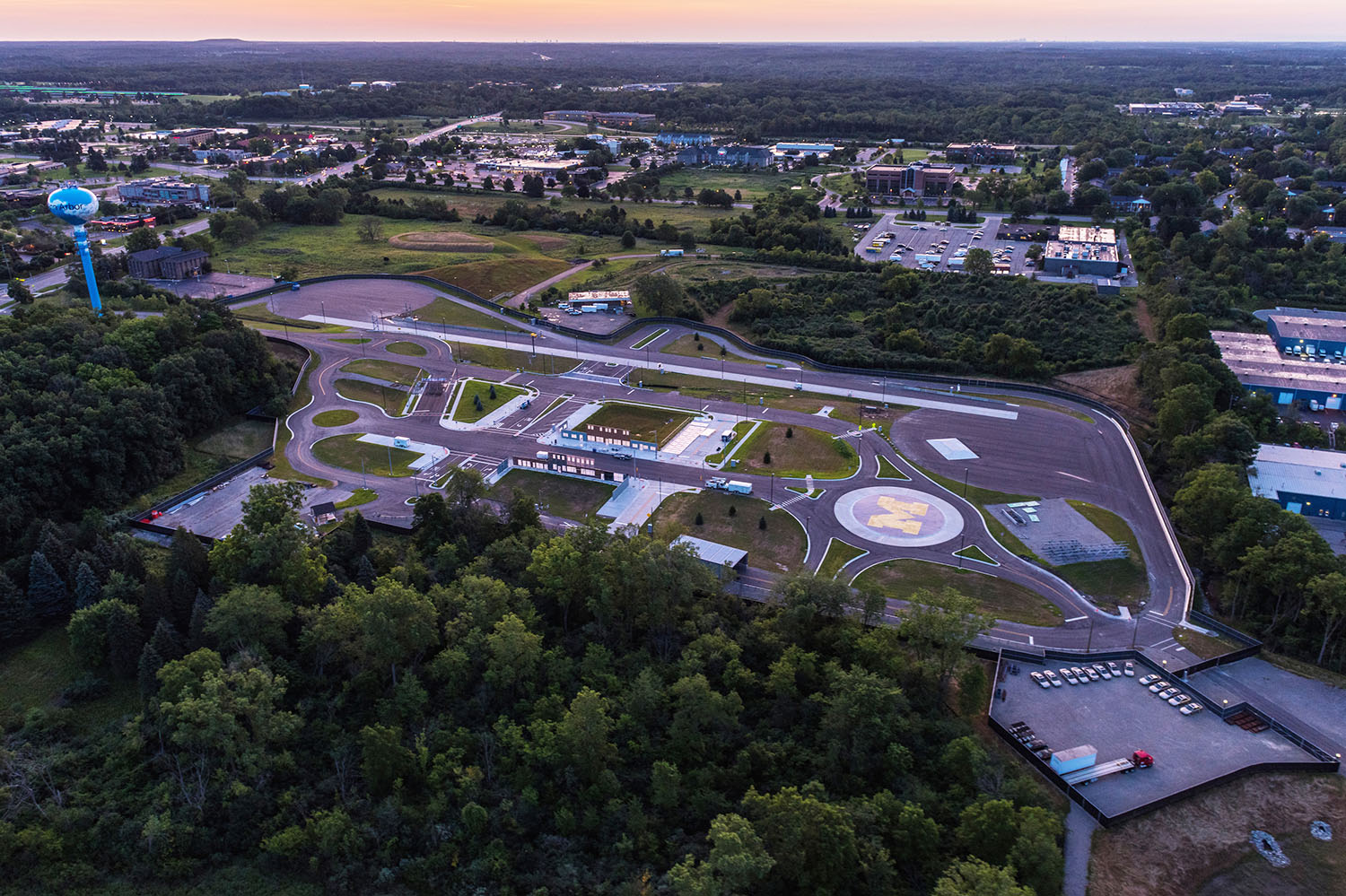What Happened
Autonomous car researchers at the University of Michigan, in partnership with the Michigan Department of Transportation and private companies, have created an entirely artificial town that sprawls 32 acres, providing a controlled and highly malleable environment for testing driverless cars. Officially named “Mcity”, the fake town features moveable facades that can easily be arranged in all sorts of road conditions from blind corners to odd intersections, providing an ideal “simulated urban and suburban environment” for testing.
What Brands Should Do
Mcity is back with million-dollar investments from auto companies like Nissan, Toyota, Ford, GM, and Honda, who all have direct stakes in the development of autonomous vehicles. Yet, brands from other industry verticals like State Farm, Verizon, and Xerox are also invested in this fake town, presumably for their interest in this field. Although not immediately actionable for most brands, this artificial city nevertheless signals the acceleration of developing driverless cars and the impact it will have on adjacent industries such as car insurance and in-car communications, as well as the steps some companies are taking to get ahead of competitors.
Source: Gizmodo
Header image courtesy of U-M’s Michigan News

 Americans more than ever are heading online to get purchase critical “information.â€Â Given the tough economic times, the value of every spare dollar means that people have to be more thoughtful about how they spend it.
Americans more than ever are heading online to get purchase critical “information.â€Â Given the tough economic times, the value of every spare dollar means that people have to be more thoughtful about how they spend it.